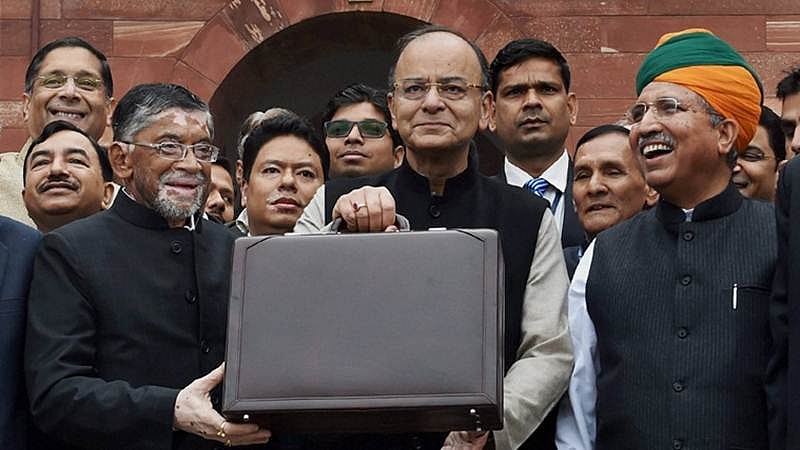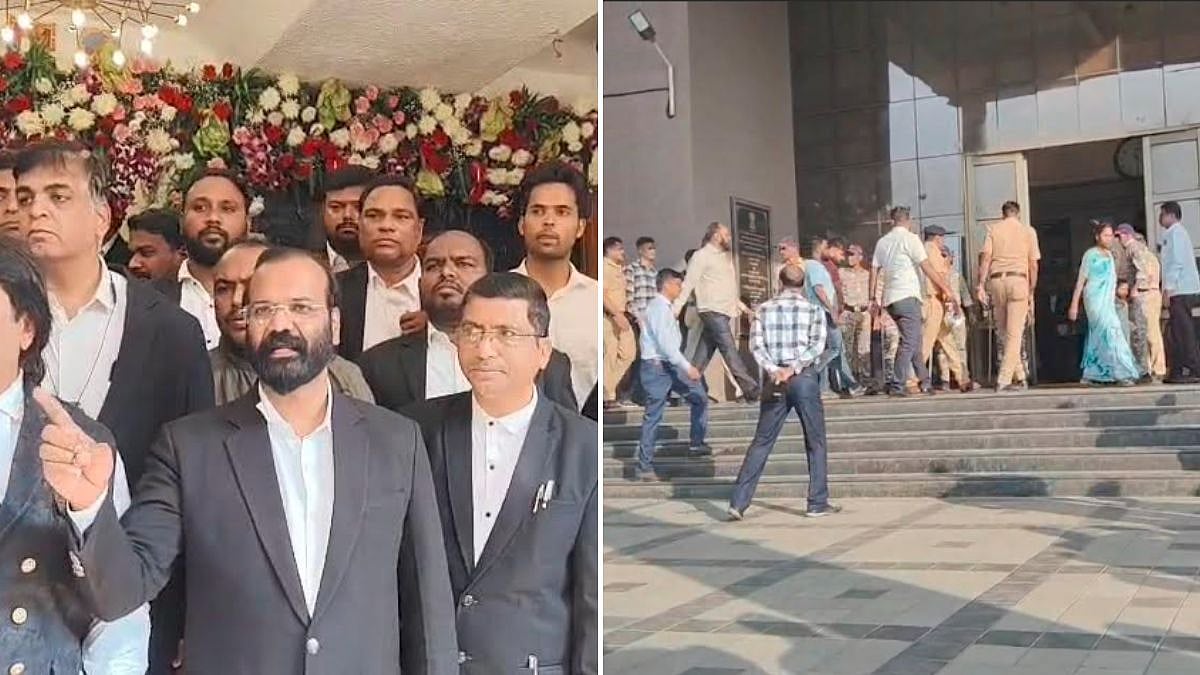New Delhi: The nation is keeping its fingers crossed. Finance Minister Arun Jaitley, it is hoped, will meet the expectations of diverse constituencies in the last Union Budget he delivers in the Lok Sabha on Thursday.
Everyone wants it to be a “feel good” document of the Modi government before it hits the campaign trail in the run-up to the 2019 general elections. The corporate sector wants him to live up to the promise made in an earlier budget of a reduction in the corporate tax rate from 30% to 25%.
As for personal taxes, the expectations are that he would raise the basic exemption from Rs 2.5 lakh to Rs 3.5 lakh, as otherwise even one drawing a little more than the minimum wage of Rs 19,000 per month becomes a taxpayer. During his pre-budget consultations, he was also urged to increase the exempt limit on the medical expenses.
The economists expect him to focus on agriculture in view of the warning signals from last year’s Gujarat Assembly elections which saw a waning support in the rural areas. The Economic Survey also predictably voiced alarm at the farm GDP, which is set to register an average annual growth rate of around 2%, almost half of what was achieved during 10 years of the UPA rule.
There is speculation that the budget will be a landmark one in terms of agrarian policies and rural initiatives, but if the PM’s economic adviser and NITI Aayog member Bibek Debroy is to be believed, agriculture cannot deliver quick dividends and hence Jaitley may play other tricks to woo the rural voters.
Education is another sector where the stakeholders want the government to push up expenditure from 4.13% to at least 6% of the GDP, but here too the dividends are in the long term and Jaitley may like to spend more on skill India campaign and vocational training. There is no use having a trained workforce without generating employment, as was the case in the past four years; so the budget may throw up populist employment schemes as a necessary safety net to meet the requirements of the election year.
Prime Minister Modi has himself expressed concern over negligible job creation and hence Jaitley may focus on industrial investment, infrastructure, banking and disinvestment of public sector enterprises starting with Air India that together can throw up jobs as a by-product. The budget may also see many attractive schemes for the retail sector that has been the traditional vote bank of the BJP. Jaitley is expected to unfold reduction in GST rates for consumer goods and services to make a retailer’s life easier.
Nor can he ignore the real estate that is bleeding due to demonetisation, Real Estate (Regulation and Development) Act and the Goods and Services Tax. He has been petitioned to accord the industry status of real estate to enable developers to raise funds at lower interest rate to cut down their capital cost. Developers say the demand in real estate sector can be revived only by rationalising the GST of 12% on under-construction properties, which is too high and ultimately hits the property buyers.
The other bleeding sector that Jaitley may have to address in the budget is telecom, which is craving for a reduction in the GST on services and restoration of customs duty exemptions on equipment since the domestic companies are not yet able to provide quality products.








